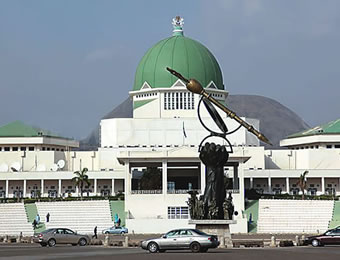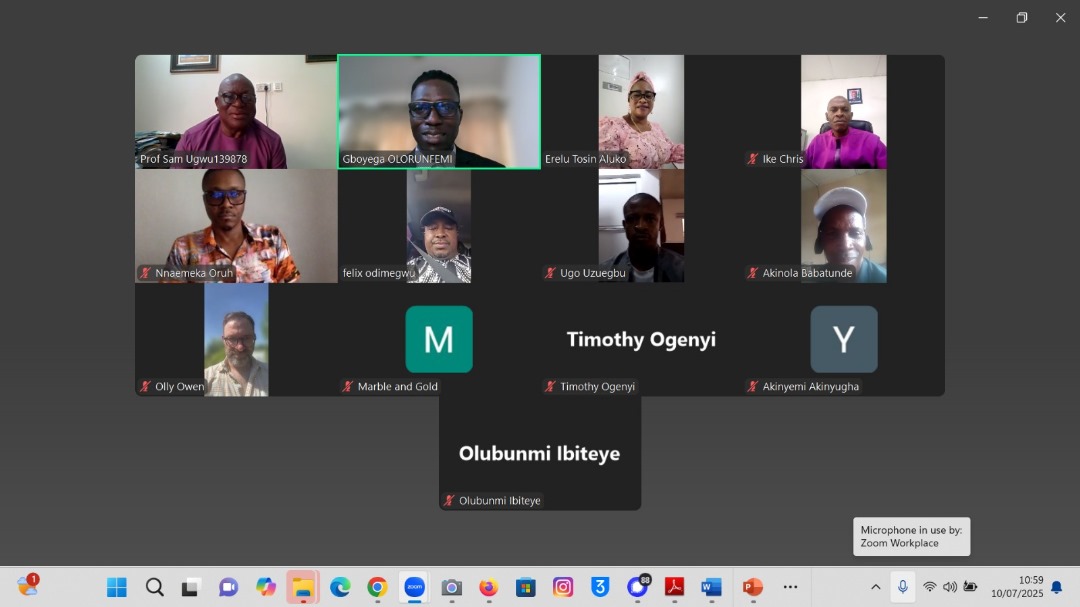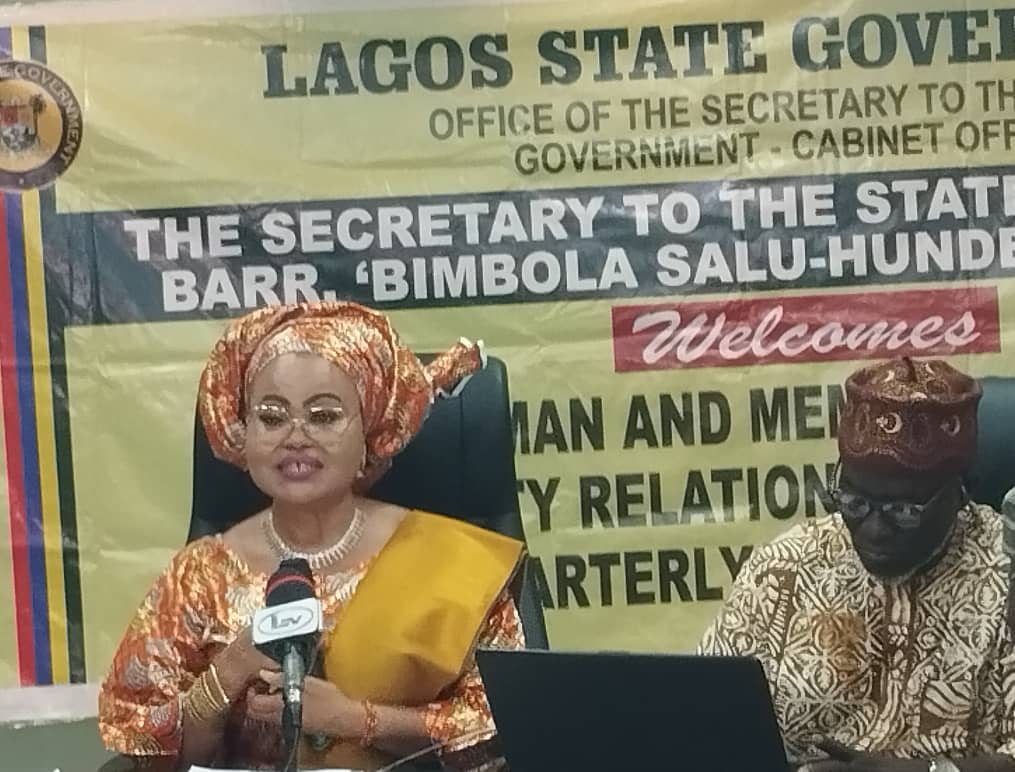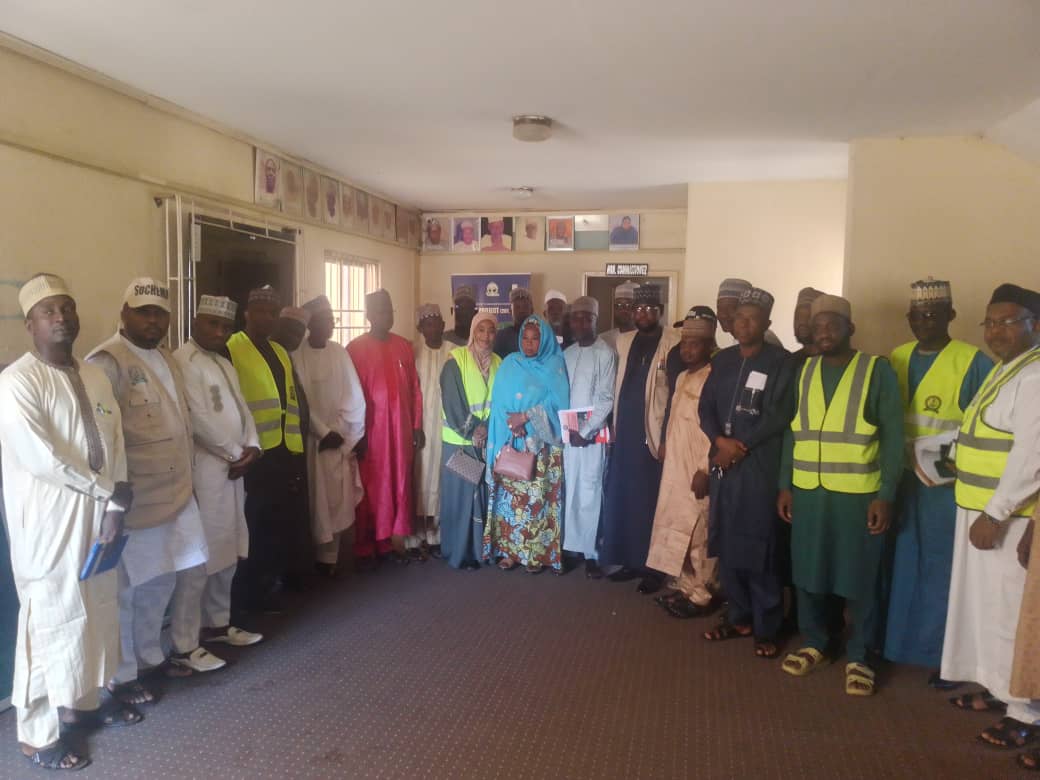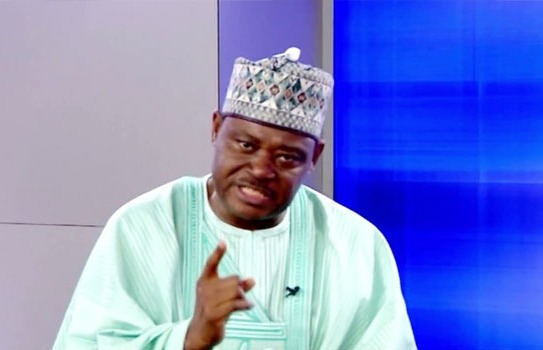
By Fatima Saka
A bill to establish the Federal College of Education, Igbekebo, Ondo State, has passed its second reading in the Senate.
The proposed institution aims to enhance educational opportunities, foster community development, and improve the lives of vulnerable Nigerians.
The bill’s sponsor, Senator Jimoh Ibrahim (APC, Ondo South), presented the general principles during plenary. He noted that the bill was first introduced on October 12, 2023.
In his presentation, Ibrahim underscored the critical role of a robust educational system, particularly the importance of producing well-trained and qualified teachers.
“A strong educational sector is essential for national development, and establishing institutions that consistently produce skilled educators is a priority, as seen in other developed countries,” Ibrahim stated.
He further highlighted the role of colleges of education in driving national growth, adding that such institutions have expanded significantly across Nigeria due to their impact on societal progress.
According to Ibrahim, the proposed Federal College of Education in Igbekebo seeks to ensure access to education for all, regardless of race, creed, gender, or political affiliation.
“The college will offer academic and professional programs, awarding certificates, first degrees, and postgraduate research opportunities to promote lifelong learning,” he said.
Following the presentation, Senate President Godswill Akpabio referred the bill to the Senate Committee on Tertiary Institutions and TETFund for further legislative review. The committee is expected to report back within six weeks.
Addressing Coastal Educational Challenges
In a press briefing, Senator Ibrahim elaborated on the educational challenges faced by coastal communities in Ondo South, such as Agadagba and Oboe.
“These areas are surrounded by water, with primary schools often constructed on makeshift wooden platforms. Secondary schools lack basic amenities like toilets and drinkable water,” he explained.
READ ALSO:
FG, NGOs Champion Education, Skills for Women in correctional centres in Nigeria
2024 National Oral Health Week: FG Intensifies Efforts to Eradicate NOMA in Nigeria
Residents of these communities often fetch drinking water from distant locations, traveling for hours by canoe. Teachers posted to these areas frequently refuse to resume duty due to the harsh living conditions, including exposure to petrol fumes and unsafe housing.
“The absence of adequate schools means children in these areas have limited access to education. We need to bridge this gap by establishing a proper educational institution in the region,” Ibrahim added.
He emphasized the urgent need for the Federal College of Education to provide structured learning environments, train teachers, and uplift the lives of residents in these underserved communities.


